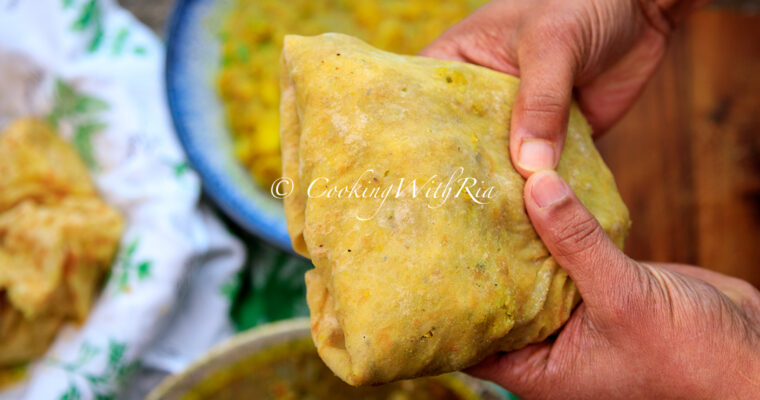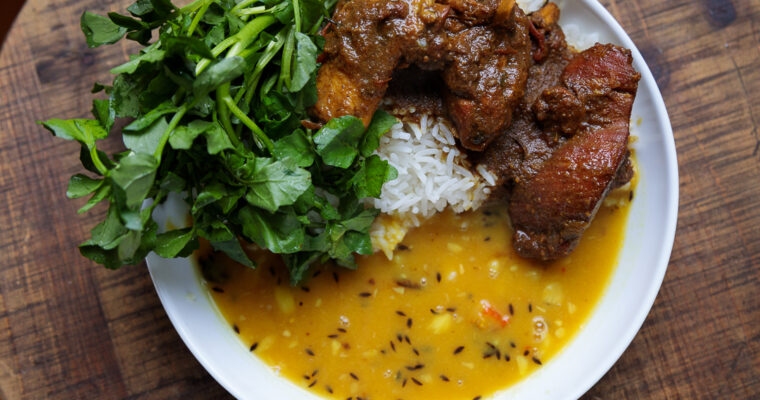Trinidad J’ouvert is a Celebration of Freedom, Culture, and History
J’ouvert, pronounced “jou-vay,” is one of the most iconic and spirited elements of Trinidad and Tobago’s Carnival. Rooted in rich history and cultural expressions, J’ouvert embodies the freedom, rebellion, and joyous energy that defines the Trinidadian identity. A unique blend of European, African, and Creole influences, this pre-dawn festivity sets the tone for Carnival Monday, launching revelers into a state of complete abandon. Let’s look at the origins, traditions, and modern-day significance of J’ouvert, making it a must-experience for locals and visitors alike.
What is J’ouvert?
J’ouvert is a massive street party that begins in the early hours of Carnival Monday morning, typically around 2:00 AM, and lasts until sunrise. Revelers, known as “Jouvert-ists,” take to the streets in old clothes, covered in paint, mud, or cocoa, with a spirit of carefree abandon. The event marks the unofficial start of Trinidad’s two-day Carnival and serves as a joyous release of inhibitions.
The name “J’ouvert” is derived from the French words “jour ouvert,” meaning “daybreak” or “opening of the day.” In the context of Trinidad Carnival, J’ouvert signifies the opening of the Carnival festivities, where participants revel in the freedom to express themselves without restraint.
The History of J’ouvert
The history of J’ouvert is deeply intertwined with the legacy of slavery and colonialism in Trinidad and Tobago. During the 18th century, French plantation owners brought their pre-Lenten Carnival traditions to the Caribbean, which included grand masquerade balls and lavish street parades. However, enslaved Africans were forbidden from participating in these festivities.
As a form of resistance and self-expression, the enslaved people began to stage their own underground celebrations, incorporating African customs, music, and rituals. After the emancipation of slaves in 1834, former slaves took to the streets to mock their former oppressors by donning satirical costumes and caricaturing the colonial elite. This gave birth to the “Jamette Carnival,” where the newly freed Africans parodied the high society of their former masters.
The early morning time of J’ouvert was symbolic, representing the first light of freedom for the emancipated slaves. It also allowed for a more discreet celebration, away from the prying eyes of colonial authorities. Over time, J’ouvert evolved into an integral part of Carnival, blending African, European, and indigenous influences to create the unique spectacle that it is today.
J’ouvert Traditions and Rituals
J’ouvert is an experience like no other, marked by traditions and practices that have been passed down through generations. Here are some key elements of J’ouvert:
- Mud, Paint, Oil, and Powder One of the defining features of J’ouvert is the custom of covering oneself (and others) in paint, mud, oil, and even cocoa. This messy, tactile ritual is meant to symbolize freedom, equality, and the shedding of societal norms. Participants start the night clean but quickly become covered in the substances, representing a symbolic break from the everyday self.
- Old Clothes and Costumes Unlike the glitzy and glamorous costumes of the main Carnival parade, J’ouvert costumes are deliberately old, ragged, and simple. Revelers may wear torn clothes, old T-shirts, or loose-fitting attire that they don’t mind getting dirty. For some, the “dutty mas” (dirty masquerade) includes homemade costumes that parody political figures, celebrities, or social issues.
- Steelpan and Soca Music The pulsating rhythms of steelpan, soca, and calypso music fill the streets during J’ouvert. Music trucks or “music carts” with massive sound systems lead the way, blasting soca hits that keep the crowd dancing through the night. The fusion of African rhythms with European brass bands gave birth to soca, which serves as the heartbeat of Trinidadian Carnival. Soca artists often release J’ouvert-specific songs that energize the early-morning revelers.
- Devil Mas and Jab Jab A common character seen during J’ouvert is the “Jab Jab” or devil mas, a mischievous figure who dances wildly while covered in oil or paint. The “Jab Jab” (derived from the French word “diable,” meaning devil) is an example of how Trinidadians mock European traditions by turning the devil figure into a playful character. The Jab Jab often carries whips or chains, adding to the dramatic and chaotic atmosphere of J’ouvert.
- Ole Mas J’ouvert also incorporates “Ole Mas,” a satirical form of masquerade where participants wear costumes that comment on current events, political scandals, or social issues. This element of the festival is a nod to its origins in rebellion and satire, allowing people to express their frustrations with humor and creativity.
Modern-Day J’ouvert
Today, J’ouvert remains a highly anticipated part of the Trinidad Carnival experience, both for locals and visitors. As the first official event of Carnival Monday, J’ouvert sets the tone for two full days of revelry, culminating in the “Pretty Mas” parade on Carnival Tuesday.
Over the years, the celebration has grown in scale and accessibility. Many towns across Trinidad and Tobago hold their own J’ouvert celebrations, each with its own unique flavor. In addition to the traditional street parties, “J’ouvert bands” have become popular, offering organized groups of revelers the opportunity to join a band, enjoy music, drinks, and participate in the festivities in a slightly more structured way.
Despite this evolution, the essence of J’ouvert remains unchanged: it is still a celebration of freedom, a time to let go of societal constraints, and a joyful expression of culture and history.
The Global Influence of J’ouvert
The spirit of J’ouvert has spread far beyond the shores of Trinidad and Tobago. J’ouvert celebrations are now held in major cities around the world, wherever the Caribbean diaspora is present. From Brooklyn’s Labor Day Carnival to London’s Notting Hill Carnival, J’ouvert is embraced as a symbol of Caribbean unity and cultural pride.
Though each iteration of J’ouvert has its own local flavor, the essence of the celebration remains consistent: it is a time to embrace chaos, freedom, and joy.
Tips for First-Timers
- Wear old clothes: J’ouvert is all about getting messy, so don’t wear anything you’re attached to. Many revelers come prepared with old T-shirts and shorts.
- Stay hydrated: The combination of dancing, heat, and alcohol can quickly lead to dehydration, so be sure to drink plenty of water throughout the event.
- Join a band: If you’re new to J’ouvert, consider joining a J’ouvert band for a more organized experience. Bands provide T-shirts, drinks, and access to music trucks, enhancing the overall experience.
- Embrace the spirit: J’ouvert is about freedom and letting go. Don’t be afraid to get dirty, dance in the streets, and fully immerse yourself in the joyous chaos.
J’ouvert is much more than a street party; it is a living expression of Trinidad and Tobago’s history, culture, and resilience. Born from the struggles of enslaved people and shaped by the blending of African, European, and Creole influences, J’ouvert is a celebration of freedom, creativity, and community. It is an experience that stays with you long after the paint has dried and the music fades, reminding all who participate of the power of joy and self-expression. Whether you’re a local or a visitor, J’ouvert is an unforgettable part of the Trinidad Carnival that beckons you to release your inhibitions and embrace the spirit of the festival.












